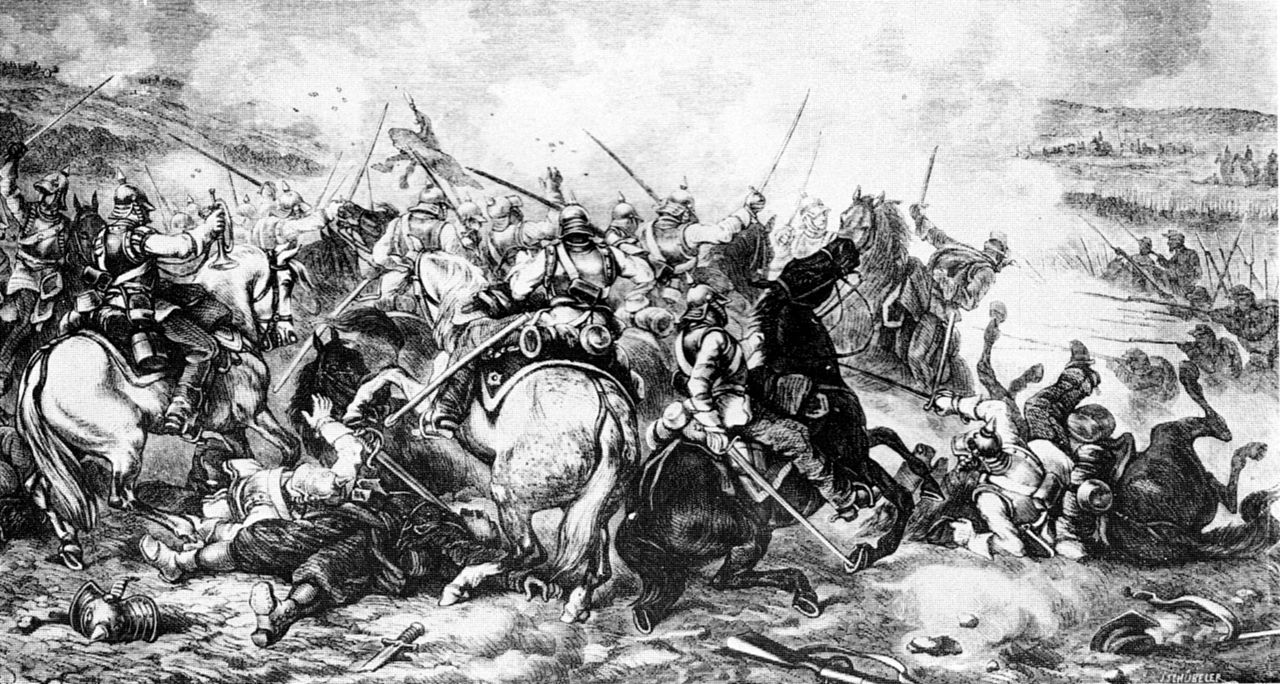Question: I am shocked to see that English translations of the Qur'an use the word "slaughter" in verses 8:67 and 47:4 regarding the enemies. This seems a very severe word. Is there an alternative meaning, please show us.
The verses you mention are related to battles. Muslims had their first battle in Badr. The Almighty God has sent down the verse below before this battle:
فَإِذا لَقِيتُمُ الَّذِينَ كَفَرُوا فَضَرْبَ الرِّقَابِ حَتَّى إِذَا أَثْخَنْتُمُوهُمْ فَشُدُّوا الْوَثَاقَ فَإِمَّا مَنًّا بَعْدُ وَإِمَّا فِدَاءً حَتَّى تَضَعَ الْحَرْبُ أَوْزَارَهَا ذَلِكَ وَلَوْ يَشَاءُ اللَّهُ لَانْتَصَرَ مِنْهُمْ وَلَكِنْ لِيَبْلُوَ بَعْضَكُمْ بِبَعْضٍ وَالَّذِينَ قُتِلُوا فِي سَبِيلِ اللَّهِ فَلَنْ يُضِلَّ أَعْمَالَهُمْ
“When you meet those who ignore (in battle), smite their necks (with your swords) until you suppress them, and then cordon (the rest of) them off strictly; thereafter set them (the captives) free, either by an act of grace, or against ransom. Do this, so that the war lays down its burden[1]. God could have defeated them Himself if He had willed, but His purpose is to test some of you by means of others. He will not let the deeds of those who are killed for His cause come to nothing;” (Muhammad 47:4)
The burdens of war mentioned in the verse are the predicaments that may arise due to war: Plunder, captivity and death are some them. The victor-to-be of the war must follow the rulings of God about the principles of war, so that they can entirely conclude the war as soon as possible. After that, both sides can start dealing with war predicaments.
Setting the captives free after suppressing the enemy would relieve the enemy and also prevent the justification of a new battle that could be started because of them. God the Almighty has decreed:
وَلَا تَسْتَوِي الْحَسَنَةُ وَلَا السَّيِّئَةُ ادْفَعْ بِالَّتِي هِيَ أَحْسَنُ فَإِذَا الَّذِي بَيْنَكَ وَبَيْنَهُ عَدَاوَةٌ كَأَنَّهُ وَلِيٌّ حَمِيمٌ
“Good and evil are not equal. Repel evil with good, and the person who was your enemy becomes like an intimate friend. (Fussilat 41:34)
Muhammad (a.s.) obeyed the 4th verse of Chapter Muhammad and set the captives of Badr free either by an act of grace or against ransom.
God had criticized Prophet (nabi) Muhammad (pbuh) heavily because he had taken captives without suppressing the enemy in the Battle of Badr:
مَا كَانَ لِنَبِيٍّ أَنْ يَكُونَ لَهُ أَسْرَى حَتَّى يُثْخِنَ فِي الْأَرْضِ تُرِيدُونَ عَرَضَ الدُّنْيَا وَاللَّهُ يُرِيدُ الْآَخِرَةَ وَاللَّهُ عَزِيزٌ حَكِيمٌ. لَوْلَا كِتَابٌ مِنَ اللَّهِ سَبَقَ لَمَسَّكُمْ فِيمَا أَخَذْتُمْ عَذَابٌ عَظِيمٌ. فَكُلُوا مِمَّا غَنِمْتُمْ حَلَالًا طَيِّبًا وَاتَّقُوا اللَّهَ إِنَّ اللَّهَ غَفُورٌ رَحِيمٌ
“It behoves no prophet to take captives until he has sufficiently suppressed the enemy in the battlefield[2]. You merely seek the temporary gains of the world whereas God desires for you the (good of the) Hereafter. God is superior and He judges correctly.
If it were not for your Master’s word (that you will have the victory), a great torment would have befallen you because of what you have taken (the captives).
Enjoy, then, all that is lawful and clean of the things which you have gained in war.” (Al-Anfal/The Spoils of War 8:67–69)
Beginning to take captives before sufficiently suppressing the enemy may cause the rest of the enemy to gather up once more and start fighting again, which would prolong the war and its predicaments. Setting the captives free before the enemy is suppressed may also lead to the same problem. It is clear that the verses 47:4 and 8:67 define the principles of war that must be followed in order to reduce the bad effects of war. The aim of a prophet, as well as any other commander in war is/must be victory, not shedding more blood. You can see how this applied by checking the numbers of death in all wars of Prophet Mohammad (pbuh):
http://www.islamandquran.org/fatwas/is-islam-a-religion-of-war-or-peace.html
We can confirm the meaning “suppression” through classical and modern dictionaries, too:
As you can see in the dictionary below, the word ” اثخن” has the meaning “debilitate” which means “to deprive someone of strength”:
https://www.almaany.com/en/dict/ar-en/%D8%A3%D8%AB%D8%AE%D9%86/
When you deprive the enemy of strength in the battlefield, it means you have suppressed the enemy. This also proves our translation to be right.
[1] Below is one of the principles to be followed in war:
فَإِمَّا تَثْقَفَنَّهُمْ فِي الْحَرْبِ فَشَرِّدْ بِهِمْ مَنْ خَلْفَهُمْ لَعَلَّهُمْ يَذَّكَّرُونَ
“If you confront them in battle, disperse them (in such a way) that those who are behind them also disperse. So that they may take admonition.” (al-Anfal 8:57)
[2] The word translated as “the battlefield” is “al-ard = الْأَرْضِ”. The word “ard = land” has the definite article “al = ال” before it. Since the verse is related to battle, the specific land mentioned in the verse can only be the battlefield.








Add comment